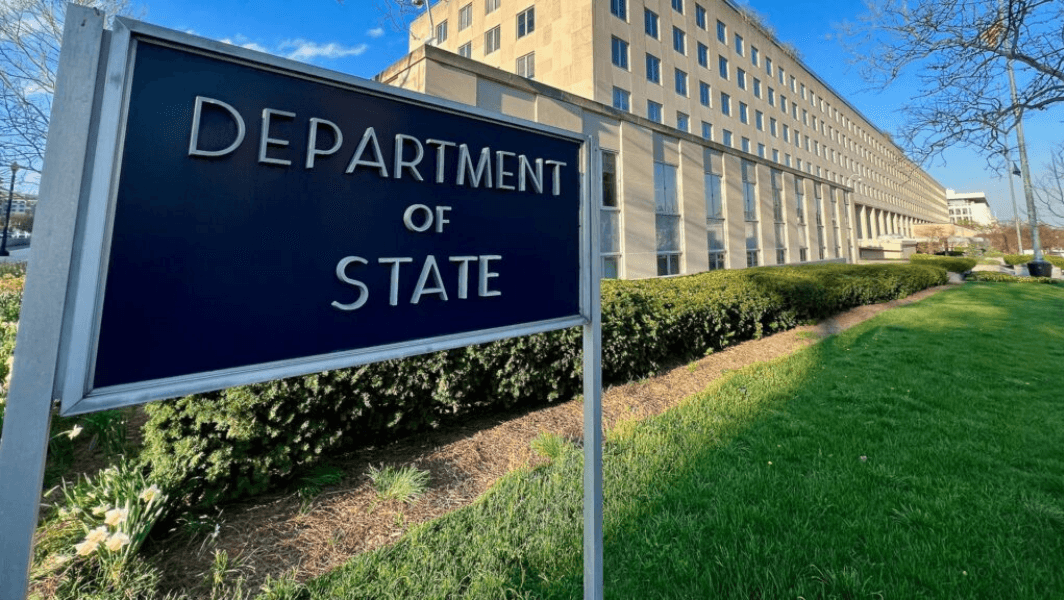
US Designates Drug Cartels and Criminal Gangs as Global Terrorist Organizations
A Major Shift in Counter-Narcotics and Security Policy
In a landmark move, the United States has officially declared drug cartels and transnational criminal gangs as global terrorist organizations, escalating its fight against organized crime and illicit drug trafficking. The designation aims to expand enforcement powers, impose stricter sanctions, and bolster international cooperation in combating these groups.
Tougher Policies Amid Border and Security Concerns
The decision aligns with former President Donald Trump’s hardline stance on immigration and drug smuggling, which he frequently describes as an "invasion" of the US. Trump and other Republican leaders have long argued that cartels operate like terrorist networks, using extreme violence, corruption, and cross-border smuggling to undermine national security.
With this new classification, US law enforcement agencies can now:
-
Freeze cartel assets and disrupt their financial networks.
-
Expand counterterrorism tactics against drug traffickers.
-
Impose stricter penalties on individuals linked to these organizations.
-
Collaborate more aggressively with international partners to dismantle criminal syndicates.
Cartels Under Global Scrutiny
This designation could lead to increased military-style interventions against major cartels such as:
-
Sinaloa Cartel (Mexico)
-
Jalisco New Generation Cartel (CJNG) (Mexico)
-
MS-13 (El Salvador and the US)
-
Tren de Aragua (Venezuela and Latin America)
These groups are responsible for drug trafficking, human smuggling, money laundering, and extreme violence, often challenging government authority in their home countries.
Criticism and Concerns Over Human Rights
While law enforcement agencies welcome the move, critics warn that labeling cartels as terrorist groups could justify excessive force, harsher immigration policies, and military interventions in foreign countries. Some experts argue that the "war on terror" approach may blur the lines between organized crime and political extremism, leading to legal and diplomatic challenges.
Human rights organizations have expressed concerns that the policy could affect asylum seekers, migrants, and civilians living in cartel-controlled regions, potentially increasing violence rather than curbing it.
A New Era in the US War on Drugs
The US government’s decision marks a new phase in the global fight against drug cartels, expanding its counterterrorism framework beyond traditional threats like ISIS and Al-Qaeda. With drug overdoses, fentanyl trafficking, and border security dominating political discourse, this move intensifies America’s crackdown on organized crime—with far-reaching consequences for international law, security, and human rights.
For any enquiries or information, contact info@thelawreporters.com or call us on +971 52 644 3004. Follow The Law Reporters on WhatsApp Channels